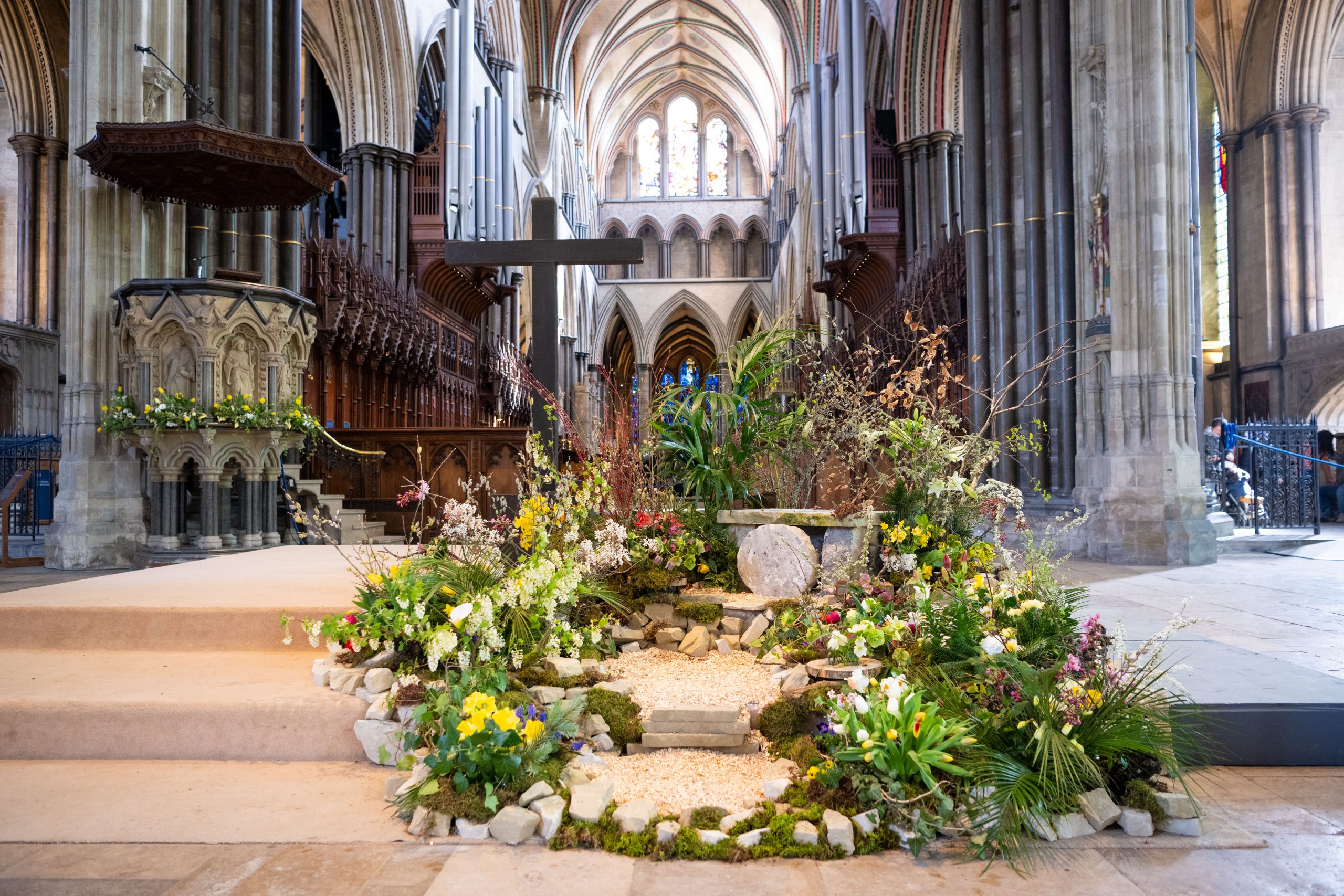Dying to Live

Evensong 30th April 2023, Easter 4
Dying to Live, preached by Canon, Edward Probert, Chancellor
(Isaiah 40.27-end; John 12.20-26)
Jesus speaking in John chapter 12: ‘Unless a grain of wheat falls into the earth and dies, it remains a single grain; but if it dies, it bears much fruit’. St Paul writing his first letter to the Corinthians: ‘What you sow does not come to life unless it dies….You do not sow the body that is to be, but a bare seed, perhaps of wheat or of some other grain.’
The John passage we heard tonight; I’m actually more familiar with the Paul passage, because edited highlights of it are often used for reading in funeral services. Until I looked at the readings for tonight’s service, I’d never spotted the clear similarity before.
There’s no good reason to think one was borrowing from the other. Paul wrote his letters long before John’s gospel was composed; and even though we have a great many of his letters, Paul very rarely makes any attempt to quote anything Jesus may have said. Thus we have two independent uses of the same analogy from agriculture to illuminate something fundamental about the resurrection.
So I make no excuse for offering now some gardening and nature notes. For anyone at all prone to gardening, the Spring – right now – is the time to sow. We’re preparing the ground, distributing and then covering up our seeds. In the last couple of weeks my wife and I have put out seeds of beetroot, leeks, carrots, sweetcorn. Insignificant specks for the most part, each of those hundreds is planted as an act of faith: unless they sprout and mature, they’re gone for good.
The work of God, in these most basic aspects of creation, is to bring richness from nothingness, delight from negativity, joy from sadness, hope from despair; as both Paul and John have it, life from death. We are surrounded by this truth, we live with it day by day, our daily bread depends on it; but how easily we take it for granted, how easily we miss something so glaring, that God is good, and that he makes good. He takes what is bad, what is lost and wasted, and brings abundance – abundance both expected, and surprising.
Easter life, the life of resurrection, is living by faith. We have seen God’s own son die, and then in his new life we’ve seen countless lives transformed – even our own. We don’t know what God will make of our lives, his latest sowing; in a way, that doesn’t really matter, because all we really need to know is God himself.
There’s nothing new in that message: it was right there in our first reading, from Isaiah chapter 40. People were whining about being ignored by God; and the prophet meets them with these robust rhetorical questions, and their answers: ‘Have you not known? Have you not heard? The Lord is the everlasting God, the creator of the ends of the earth. He does not faint or grow weary….. he gives power to the faint, and strengthens the powerless.’
Alleluia, Christ is risen. He is risen indeed, Alleluia.




